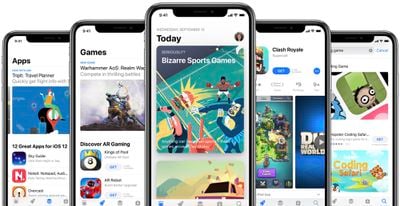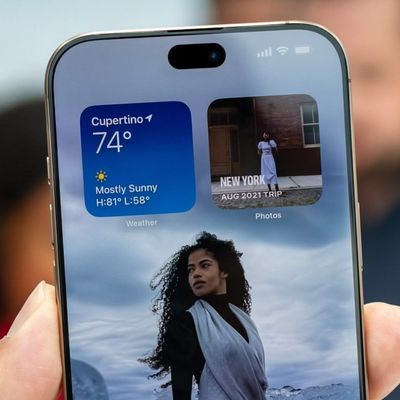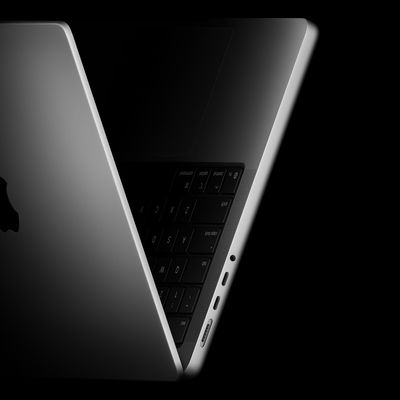As Apple CEO Tim Cook prepares to speak in front of the U.S. House Judiciary Antitrust Subcommittee tomorrow, his opening statement has been made available. [PDF]

Cook will say that Apple does "not have a dominant market share" in any market where it does business, and that consumers have many other choices when it comes to smartphones. "As much as we believe the iPhone provides the best user experience, we know it is far from the only choice available to consumers," reads Cook's testimony.
The smartphone market is fiercely competitive and companies like Samsung, LG, Huawei, and Google have built very successful smartphone businesses offering different approaches.
Apple does not have a dominant market share in any market where we do business. That is not just true for iPhone; it is true for any product category.
Cook will "make no concession on the facts" and plans to dispute claims that Apple is anti-competitive. Apple's App Store, Cook says has opened the "gate wider" for developers and the fees that are charged provide access to Apple APIs and other benefits.
I am here today because scrutiny is reasonable and appropriate. We approach this process with respect and humility. But we make no concession on the facts.
After beginning with 500 apps, today the App Store hosts more than 1.7 million--only 60 of which are Apple software. Clearly if Apple is a gatekeeper, what we have done is open the gate wider. We want to get every app we can on the Store, not keep them off.
As for high App Store commissions, Cook will argue that Apple's 15 to 30 percent cut is competitive with alternatives, and that Apple offers a better option than what was available for software developers prior to when the App Store launched in 2008.
App Store developers set prices for their apps and never pay for "shelf space." Apple continuously improves, and provides every developer with cutting-edge tools like compilers, programming languages, operating systems, frameworks, and more than 150,000 essential software building blocks called APIs. These are not only powerful, but so simple to use that students in elementary schools can and do make apps.
The App Store guidelines ensure a high-quality, reliable, and secure user experience. They are transparent and applied equally to developers of all sizes and in all categories. They are not set in stone. Rather, they have changed as the world has changed, and we work with developers to apply them fairly.
Cook plans to explain that Apple has not raised commissions or added fees since the App Store debuted, and has, in fact, reduced fees for subscriptions and added exemptions for certain app categories.
For the vast majority of apps on the App Store, developers keep 100% of the money they make. The only apps that are subject to a commission are those where the developer acquires a customer on an Apple device and where the features or services would be experienced and consumed on an Apple device.
Apple's commissions are comparable to or lower than commissions charged by the majority of our competitors. And they are vastly lower than the 50 to 70 percent software developers paid to distribute their work before we launched the App Store.
The antitrust hearing will kick off tomorrow at 12:00 p.m. Eastern Time, with a live stream to be provided. It will also feature testimony from Facebook CEO Mark Zuckerberg, Amazon CEO Jeff Bezos, and Google/Alphabet CEO Sundar Pichai. Cook's full statement can be read here.




















